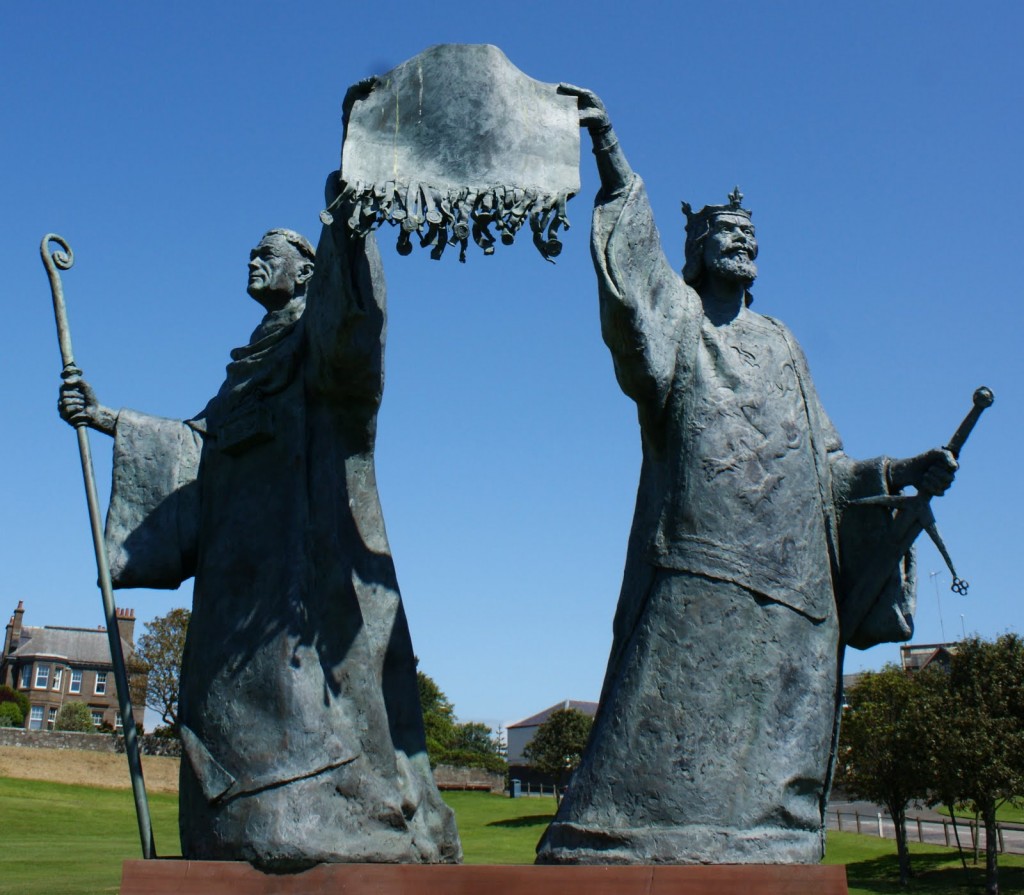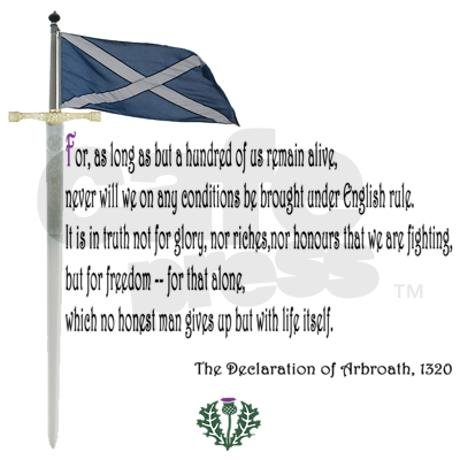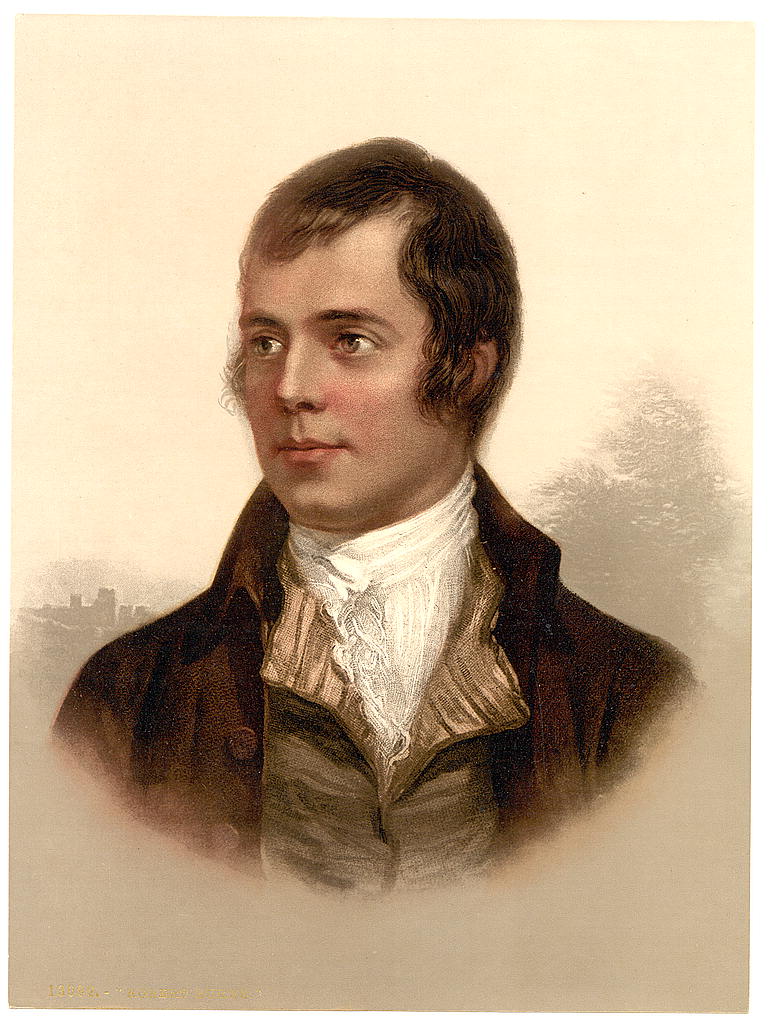The Independence Debate – Those Questions Answered
Currency Union
There are over 200 nations in the world. Many became independent in the last thirty years, a large majority became independent over the last seventy years. Most have their own currencies. Some share a currency.
If every other country in the world can manage its currency options, why Better Together are allowed to pretend this is an insuperable obstacle for Scotland is beyond me. Are we uniquely stupid or lazy or incompetent? In fact Scots founded the Bank of England and the Bank of France (John Law).
The media has deliberately built u a non-question into “the thing that will stop Independence”. Yesterday Darling was allowed to bang on about nothing else for 12 minutes and then the pre-selected audience questions were on the same subject. This is a media propaganda construct not a real problem.
The problem is not the currency money in which is denominated – it is the fairness of its distribution we should be addressing.
The Scottish government’s preference is to enter a currency union with rUK. The strong attraction for rUK in that is that it avoids economic dislocation. Also it gives a strong hydrocarbon element to the economies underpinning the currency. Without Scotland sterling outflows in times of high oil prices could become a real problem for rUK.
So Salmond’s view is the rUK will agree to currency union, and there is no point in having a hypothetical argument based on an artificial Better Together propaganda construct that they will not.
My own view is that Scotland would be much better off with its own currency anyway, or could join the Euro. Either is a good option. But these are all perfectly possible post-independence options – none of them is a reason not to be independent.
Tuition Fees
Once Scotland is independent, it will have to treat all its fellow EU citizens the same on fees, including English students who currently – at the insistence of the UK government – have to pay.
Scotland will probably have to introduce some level of tuition fee post independence. BUT
a) There is no EU rule against giving student grants based on residence. So the Scottish government can give Scottish resident only students grants to pay their tuition fees. There can still be no net cost to Scottish students. This is what other EU countries do.
b) There will be no call for fees to be as high as the terrible 9,000 pounds a year charged in England. Tuition fee levels may perhaps be a third or half of that – with Scottish students given grants to pay the full amount. If the cheaper fees lead to a great rush of bright English students to Scotland, that will in the medium term give a great boost to the Scottish economy. Many of them will stay for the exciting new economic opportunities a dynamic independent Scotland will bring.
Oil
Mineral resources are the inalienable property of the State on whose territory – including continental shelf – they lie. Agreements made between oil companies and the UK for exploitation rights on Scotland’s continental shelf will be honoured on the same terms by the Scottish government. The tax revenues will come to Scotland instead of to the UK. There is no dispute over this whatsoever in legal or academic circles. It is an utterly ludicrous piece of false information to claim otherwise, put out by Better Together. The only dispute will be over the precise settlement of the maritime boundaries with England. But the area of dispute is in the region of whether 88 or 92% of British hydrocarbon resources are Scottish.
Excluding oil, Scotland’s GDP per capita is 98% per capita. The extent of the “oil bonus” on top indeed varies with the price of oil, but the total is certainly never going to give GDP per capita below that of rUK. Proven oil reserves will last a minimum of 50 years. What happens after 2070 when oil starts to run out is a problem which will face the entire world, not only Scotland. In the meantime, it is better to have it than not to have it.





